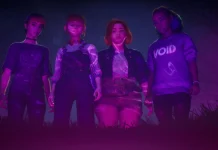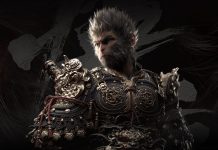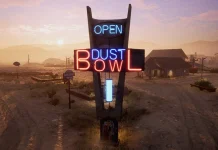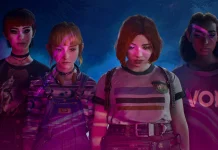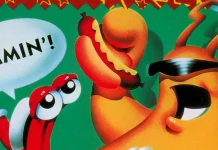A story familiar to many: childhood memories of a funny relative—let’s say an uncle. He was the life of parties, barbecues and Holidays, made everyone laugh, played with the kids and got along with everybody. But time passed, your friendly uncle grew old and grumpy; his temperament changed and he started picking fights with everyone over nothing.
Then, one day, you realize that person is gone. All that’s left are memories and the feeling of “how did he become like this?”
That’s how I feel about Nintendo—and it’s not new. The last Nintendo console I owned was the Wii—I don’t think I’ve ever properly expressed here on MB how much I appreciated it—and while for many people being consistently behind competitors on hardware specs doesn’t matter, the company’s behavior toward its customers has been disappointing for years.
From ridiculous takedowns against a community that loves their products, to full war moves on independent projects that were doing no harm to their brands, Big N has, through its own choices, built an image of a fierce protector of its IPs.
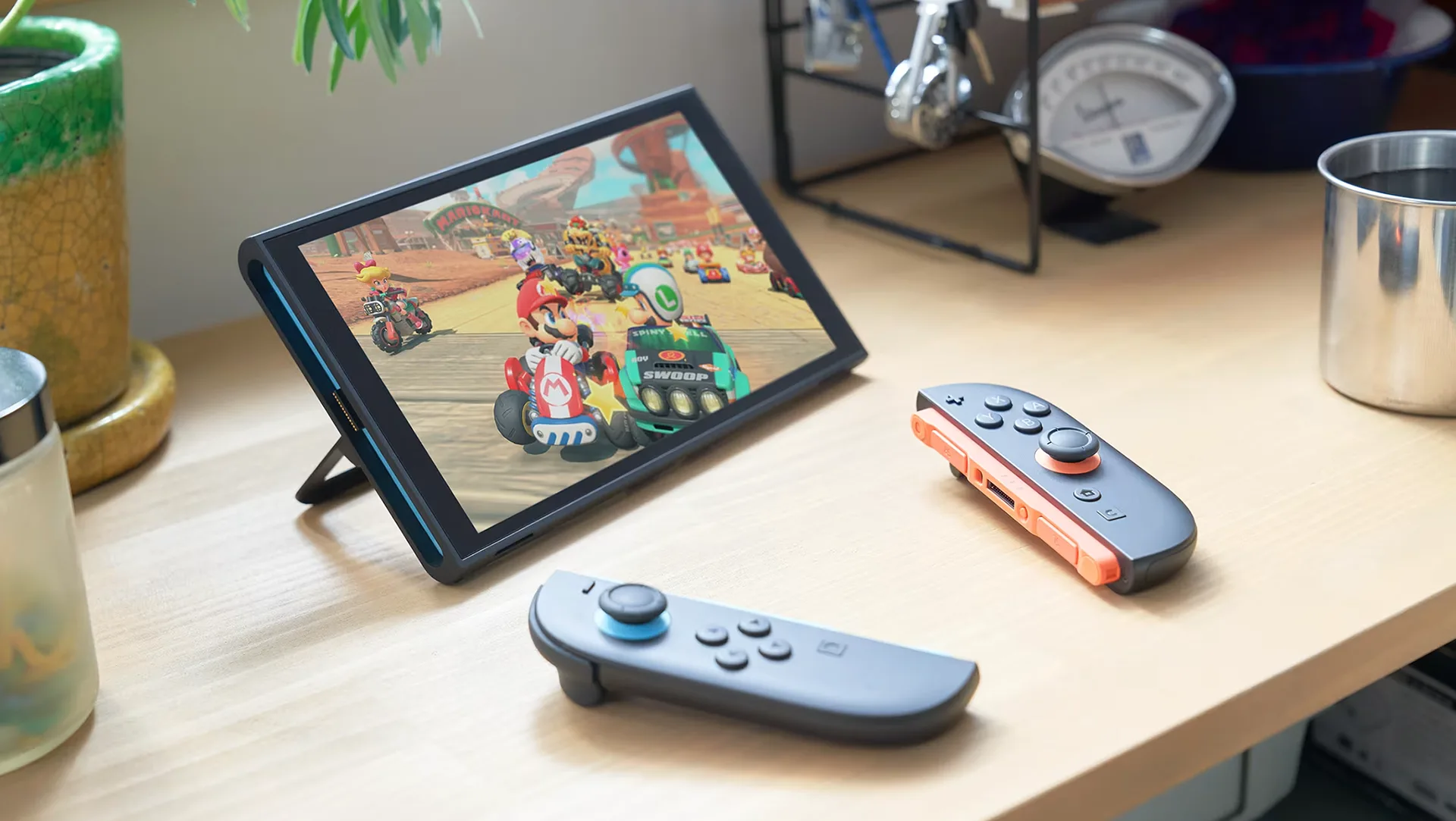
Frankenstein
The latest slap in the face to the consumer is the game-key card for the Switch 2. With it, Nintendo is helping to push a new era: the “sort of physical” version. For people who enjoy the ritual of buying physical media, holding the nice package in their hands and feeling satisfied knowing the game is inside, it’s the final blow—because there’s no game inside.
As Nintendo itself explains on its site, “Game-key cards are different from regular game cards, because they don’t contain the full game data. Instead, the game-key card is your 'key' to downloading the full game to your console via the internet. After it’s downloaded, you can play the game by inserting the game-key card into your console and starting it up as normal.”
If there’s one definition that doesn’t apply here, it’s “as normal.” It’s a physical medium with not a single bit of the game on it, so it isn’t a physical copy. It isn’t digital either, because you need the physical key to download and play. It looks like some Frankenstein monster between formats—the worst of both worlds stitched together.
You don’t need to be an expert to see the excuses are weak. In July, president Shuntaro Furukawa tried to justify the move at a meeting—to understandably worried shareholders—claiming it was necessary because some Switch 2 games are bigger than those on the previous console.
That, of course, isn’t the real problem. A Switch game card used to hold up to 32 GB, more than enough for most titles. Besides, not every release will come as a game-key card: Cyberpunk 2077, for example, ships on a 64 GB card, and CD Projekt Red bluntly told it was “the right thing to do,” deliciously implying the opposite is wrong. And when it is really necessary, splitting a game across multiple media has been common practice since the CD era.
So is this just about money? The conventional wisdom says that if a publisher wants higher margins, it will ship a key instead of a full 64 GB card; that way it avoids the cost of a full cartridge and just pays for a cheap key card of a few KB or MB. Really? Let's see.
Expiration date
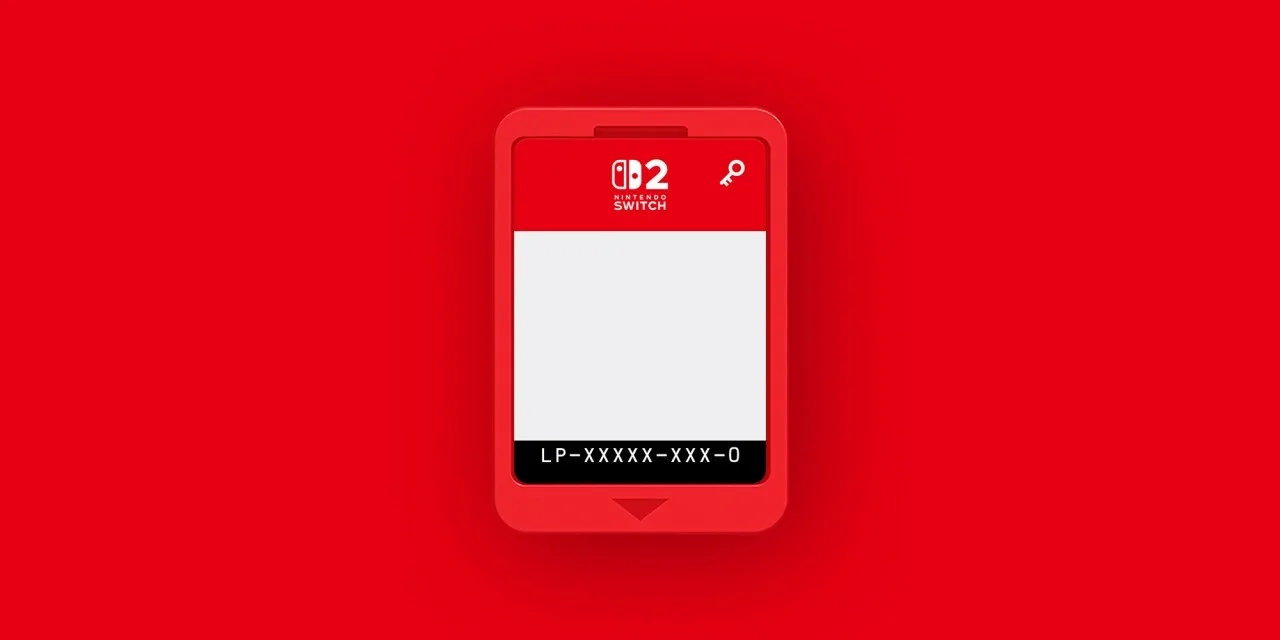
Besides screwing over people who just want to plug in a card and play—one of the fundamental conveniences of physical media—the approach makes life harder for collectors and preservationists on the Switch 2. While game-key cards can be borrowed, sold, given away, and stolen like a regular cartridge, because they’re not tied to accounts like classic digital purchases, the requirement to download the game before playing will make them largely useless in the perhaps not-so-close, but inevitable, future.
Twenty or thirty years from now, it doesn’t matter: it will happen, and shelves full of key cards won’t mean a thing if servers are shut down.
If players are upset (but still buying), developers are a different story. Ubisoft released Star Wars Outlaws as a game-key card, and, accordingly to a Snowdrop engine sound architect, that was because the Switch 2 card wouldn’t have the bandwidth to stream assets the way other consoles and PCs do using SSDs.
In short: to have a “physical” copy that isn’t physical, you sell the player a key to download the game to internal storage and only then they can play? It would be better to just buy the digital version—unless you absolutely must have a pretty box with a key inside, which will cost you much more.
I did a price check on titles sold as game-key cards via Amazon versus digital versions on Nintendo’s store—prices in Brazil (in US$):
- Hogwarts Legacy ($80 x $59.99)
- Street Fighter 6 - Years 1-2 - Fighters Edition ($70 x $59.99)
- Yakuza 0 Director's Cut ($60 x $49.99)
- HITMAN World of Assasination - Signature Edition ($80 x $59.99)
- SONIC X SHADOWS GENERATION ($75 x $49.99)
- Mario Kart World ($90 x $79)
- Star Wars Outlaws Gold Edition ($95 x $59.99)
Average difference is around $25 between the "truly digital" versions and the digital-by-key versions. But it is estimated that the production cost of game-key cards isn’t that much lower than a 64 GB cartridge with full games, because cartridge costs are negligible for developers today. The Ubisoft architect mentioned before confirmed that cartridge production cost wasn’t even cited as a reason for choosing the key. The difference would only matter for very small studios with tight budgets—what doesn’t apply to companies like Sega, Capcom or Ubisoft.
So, why not ship the whole game?
Nintendo likes total control over software, from the moment it’s delivered to the end of its life on the platform and beyond. The format push shouldn’t be surprising. It’s not only them—Doom: The Dark Ages shipped with 85 MB on the PlayStation 5 disc. The Xbox version followed it with 342 MB. Indiana Jones and the Great Circle came on a 20 GB disc, while the full game is a staggering 120 GB.
The issue here it’s that it’s coming from Nintendo, which still sets trends.
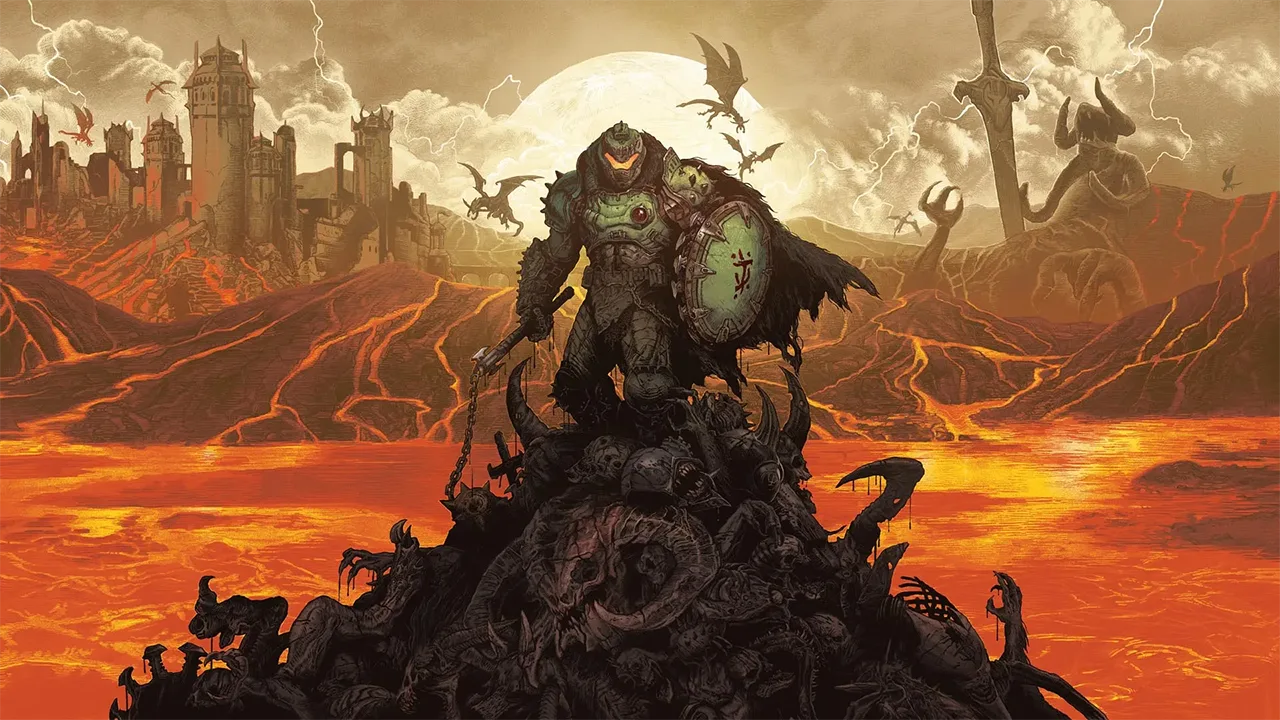
Important preservation questions need answering. In April, when the format was announced, Nightdive Studios CEO Stephen Kick called it a “disheartening” move. “You would hope that a company that big, that has such a storied history, would take preservation a little more seriously.”
Another blow came from the National Diet Library of Japan. The institution has archived games in formats like cartridges and discs since 2000, but announced it won’t make preservation efforts for game-key cards “since a key card, on its own, does not qualify as content, it falls outside of [its] scope for collection and preservation,” a representative said. Capcom also pushed back, treating those sales as digital, and former Ubisoft creative director Alex Hutchinson said he hates the format because it makes it feel like “we’re losing some of what made the business special.”
When the Switch 2 and its storefront become history, someone will have to answer preservation questions — but it seems unlikely it will be through legal channels. With keys that open nothing, the likely solution — difficult and illegal, risking millions in lawsuits — will be to break the console’s protections and extract downloaded data.
For all these reasons and many more, extreme as it might sound, Nintendo reminds me of that once-lovable uncle. It’s past time for anyone still trying to ignore his toxicity to get a grip and move on.


